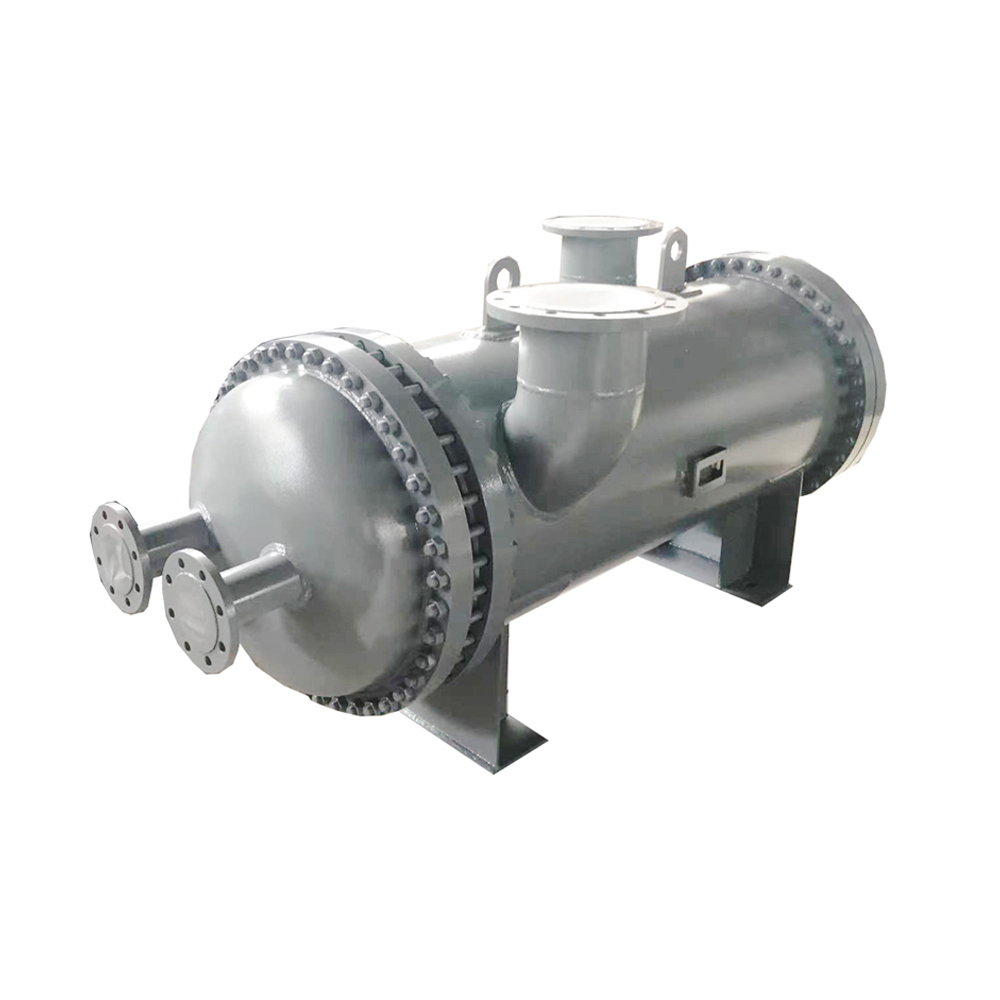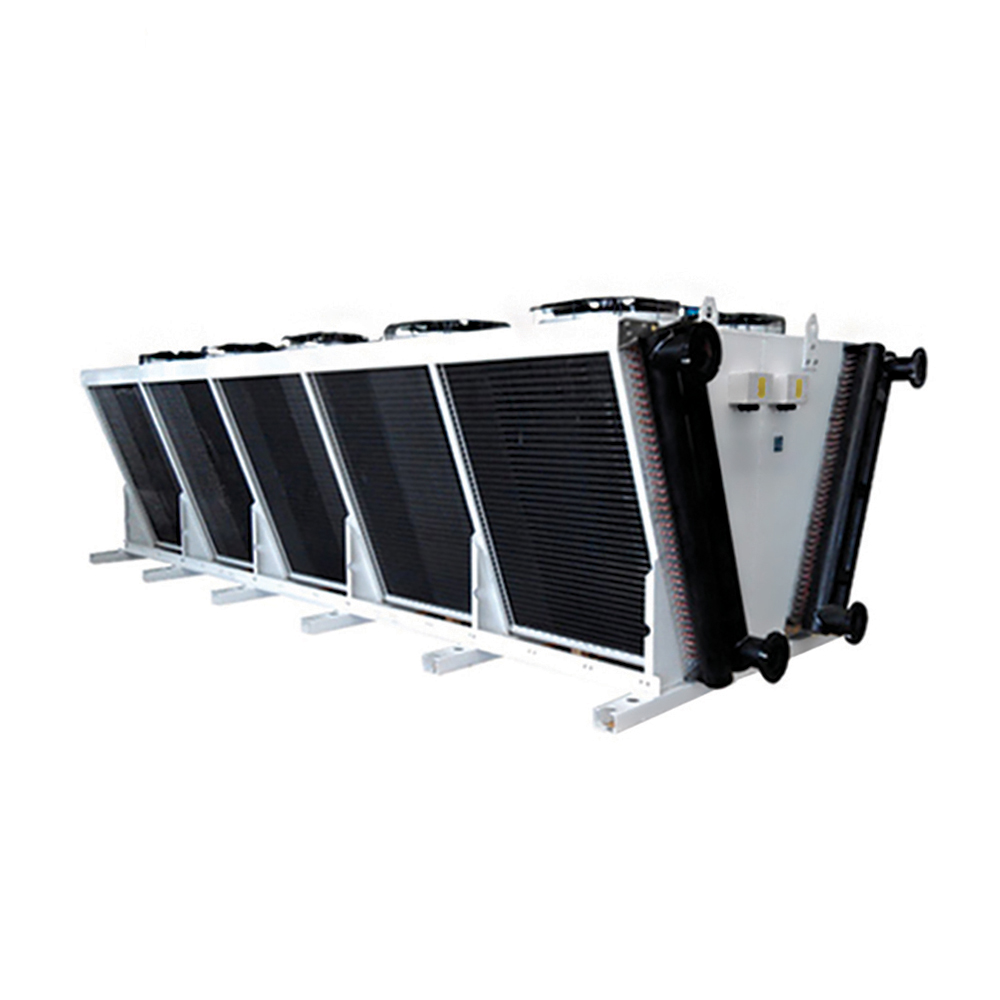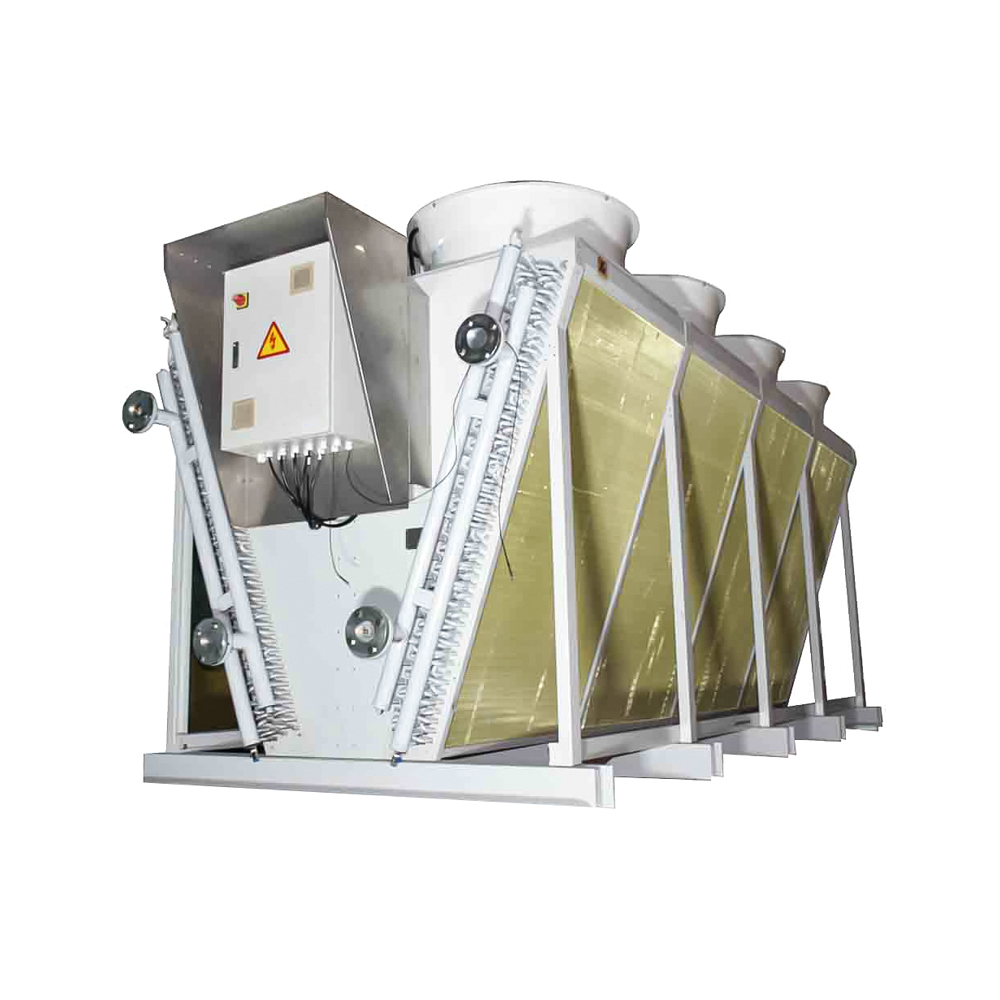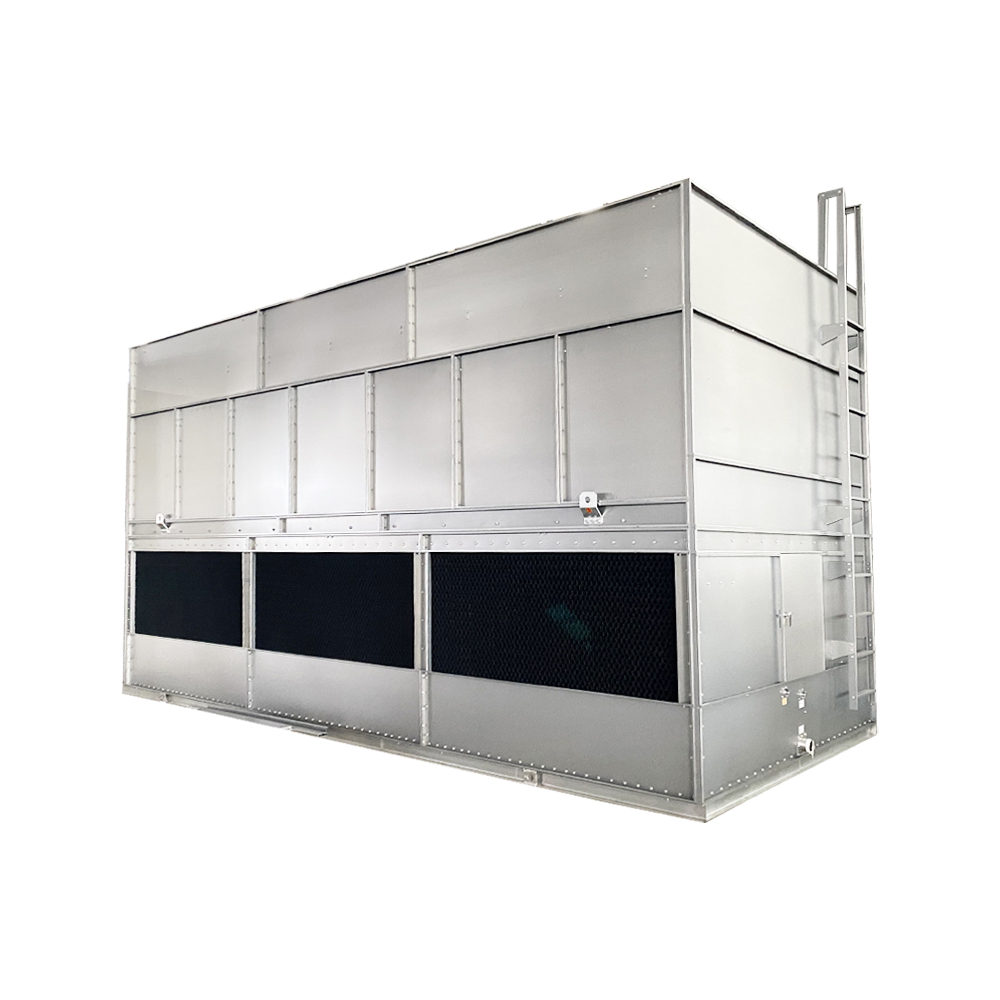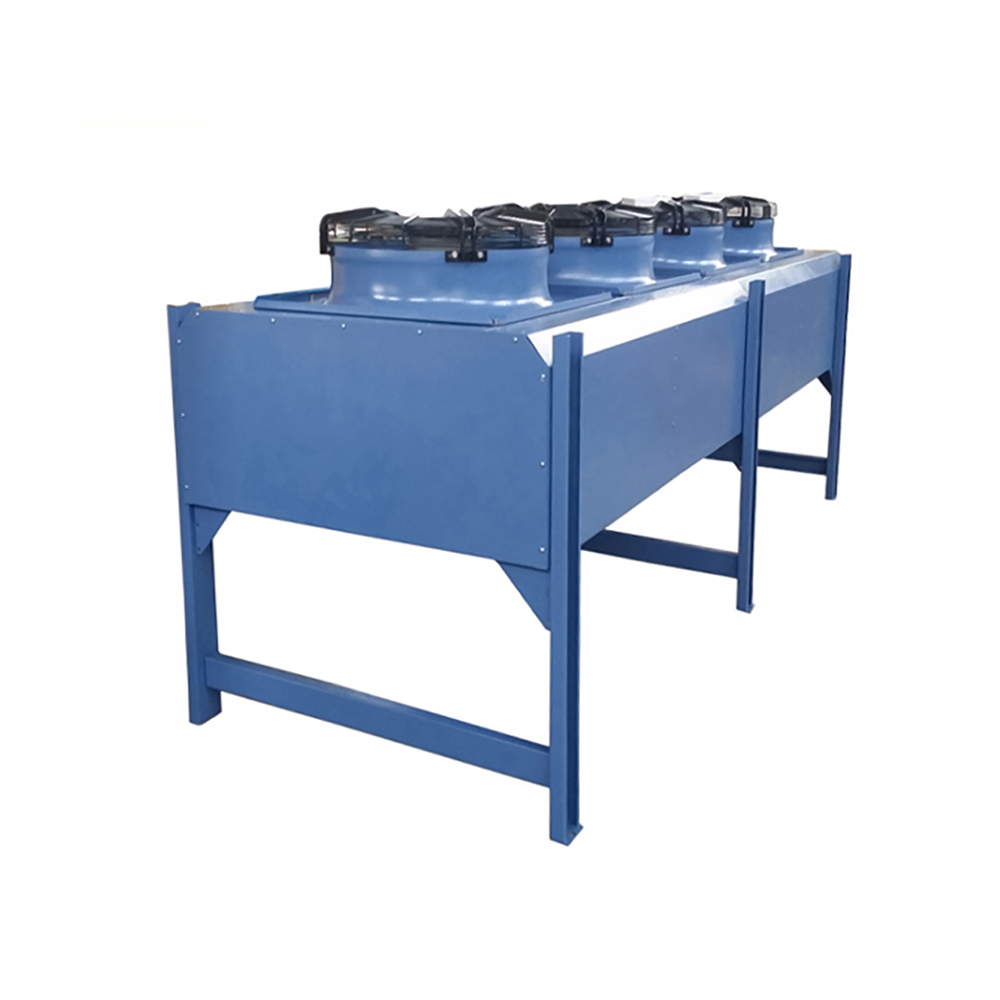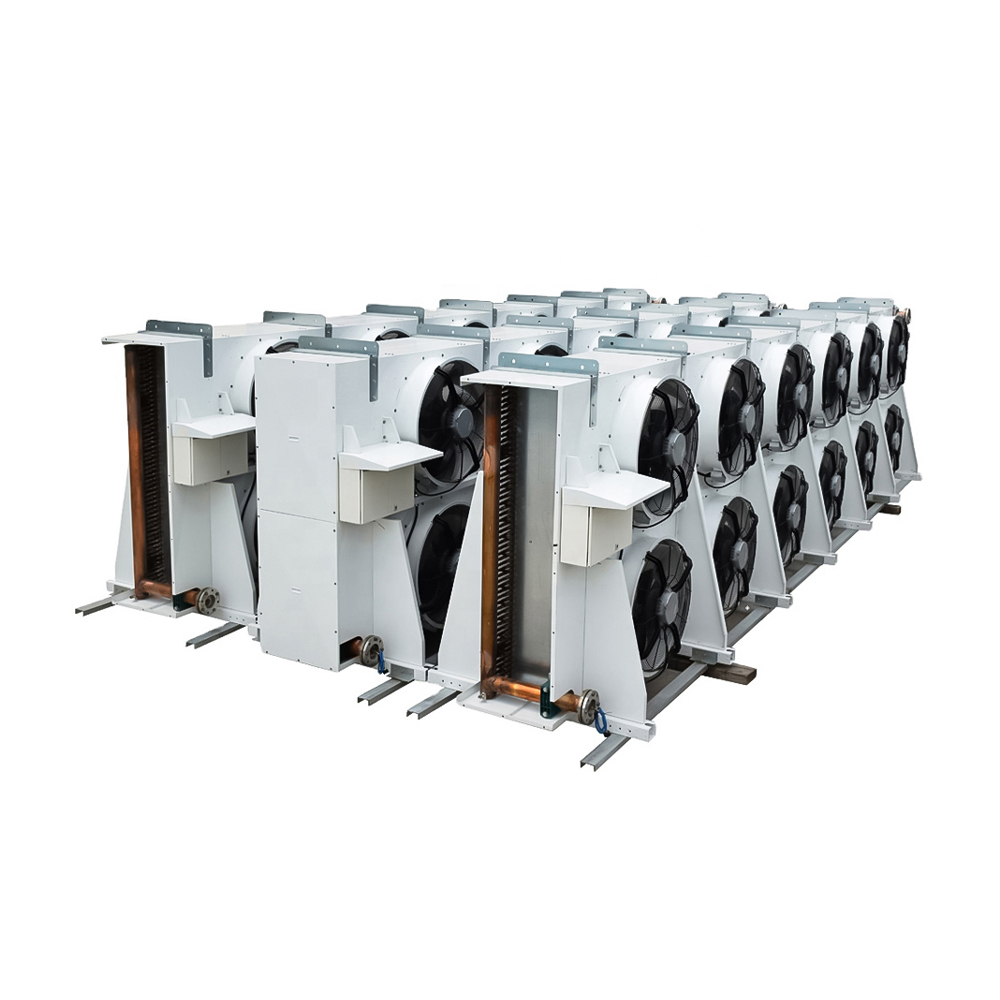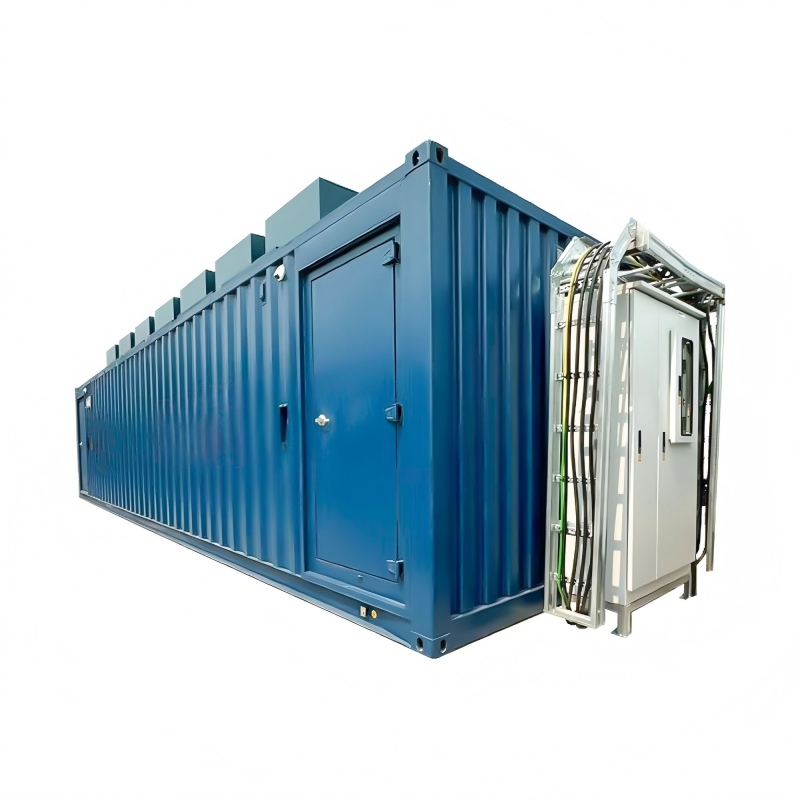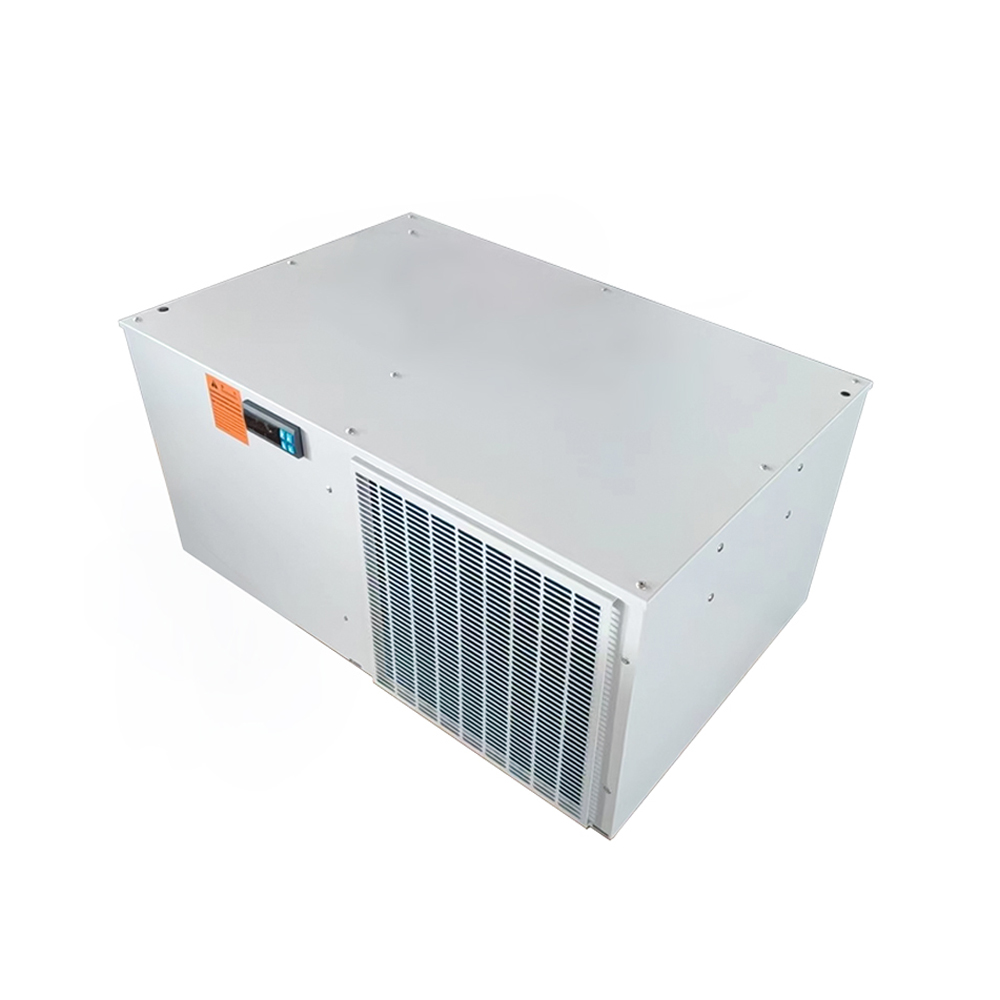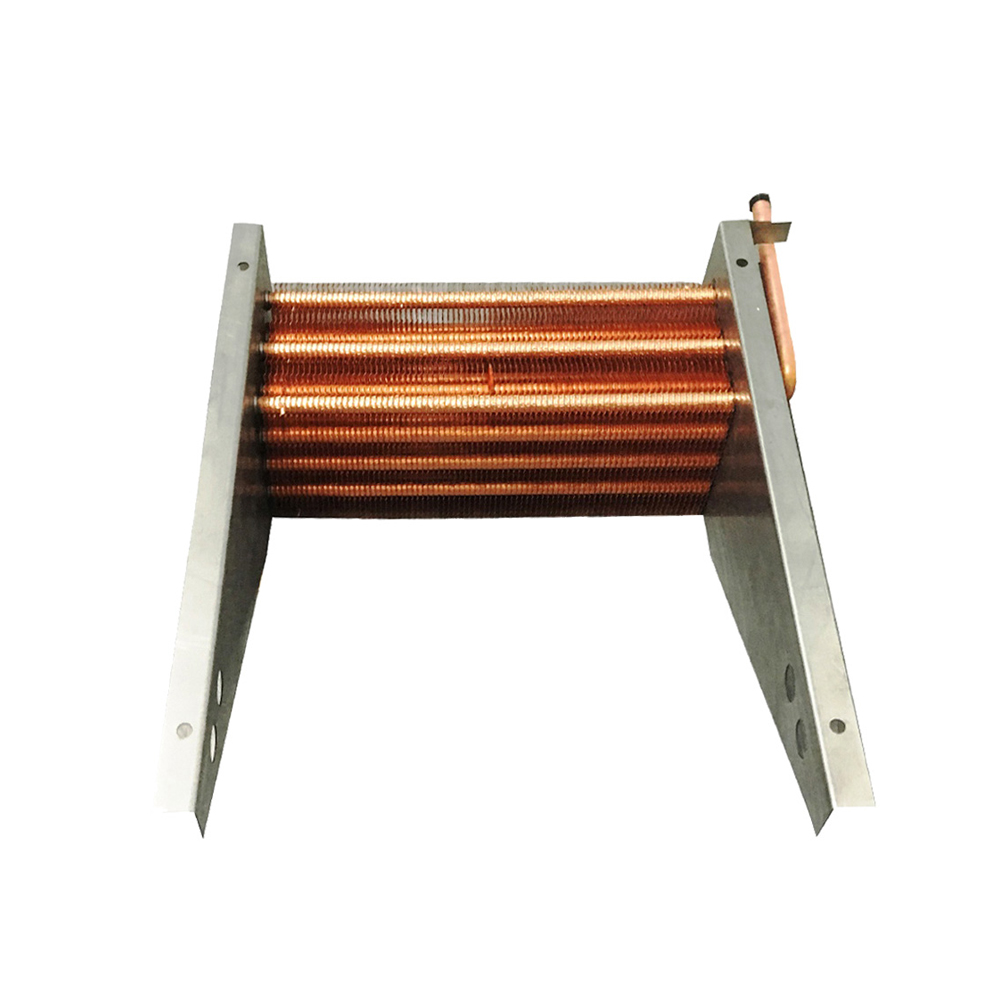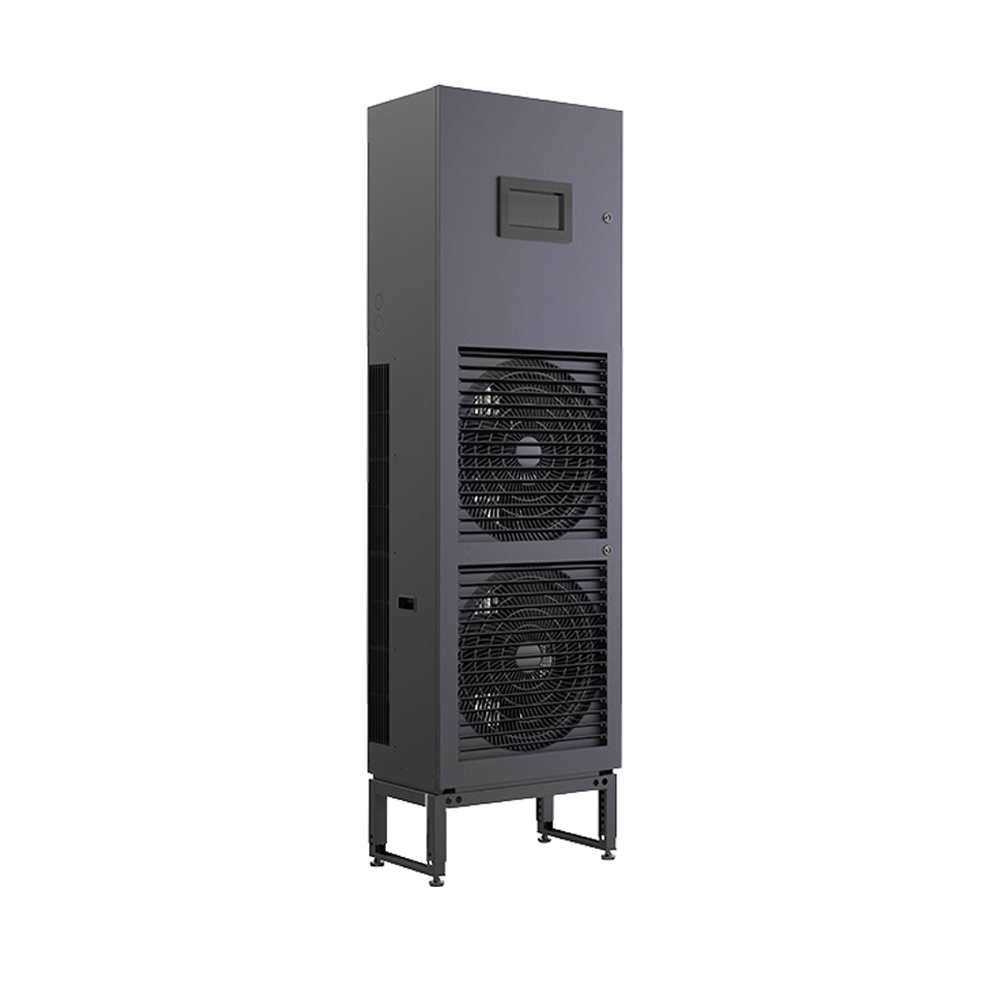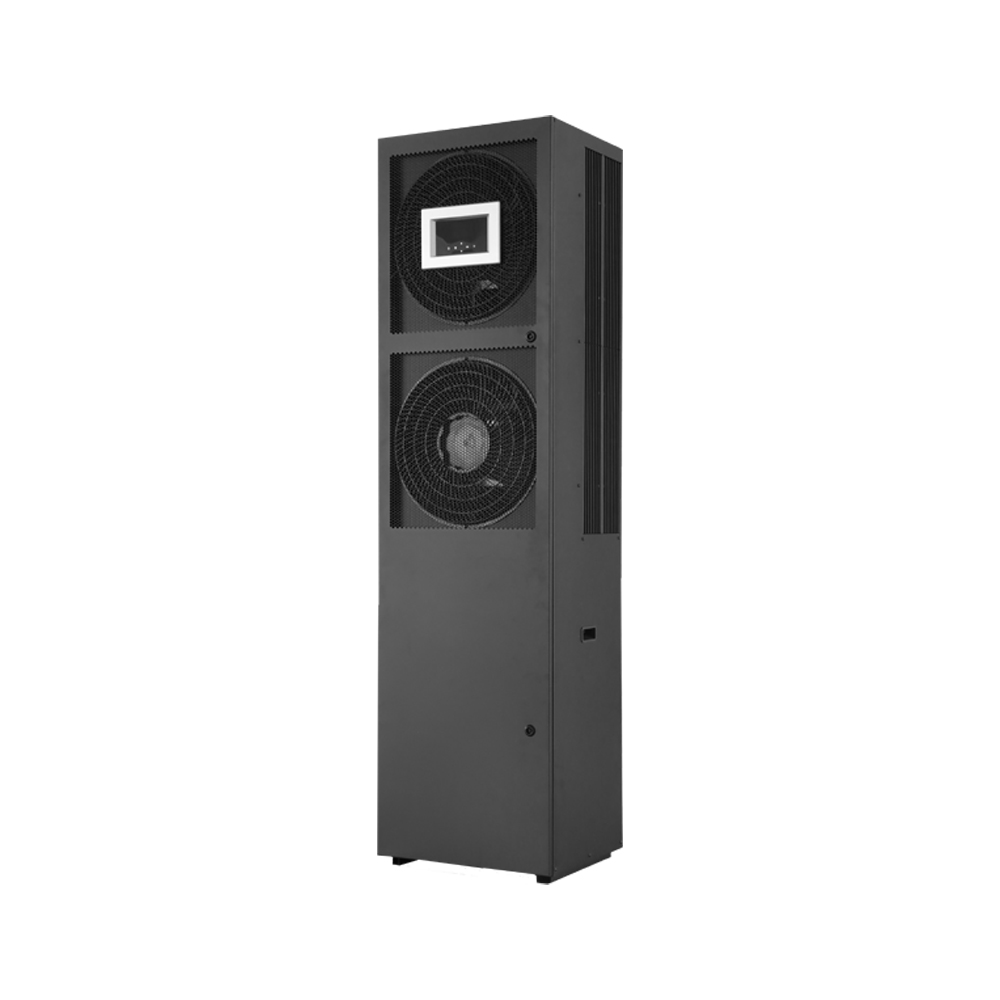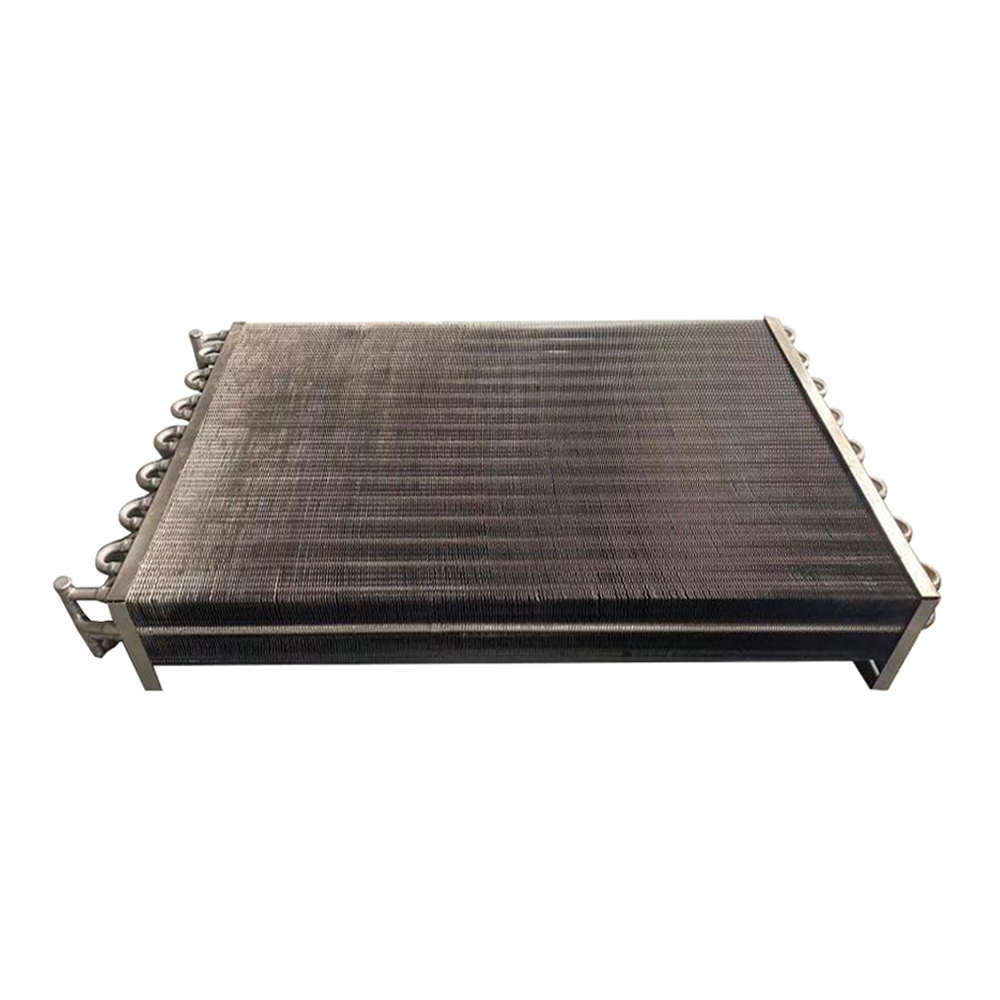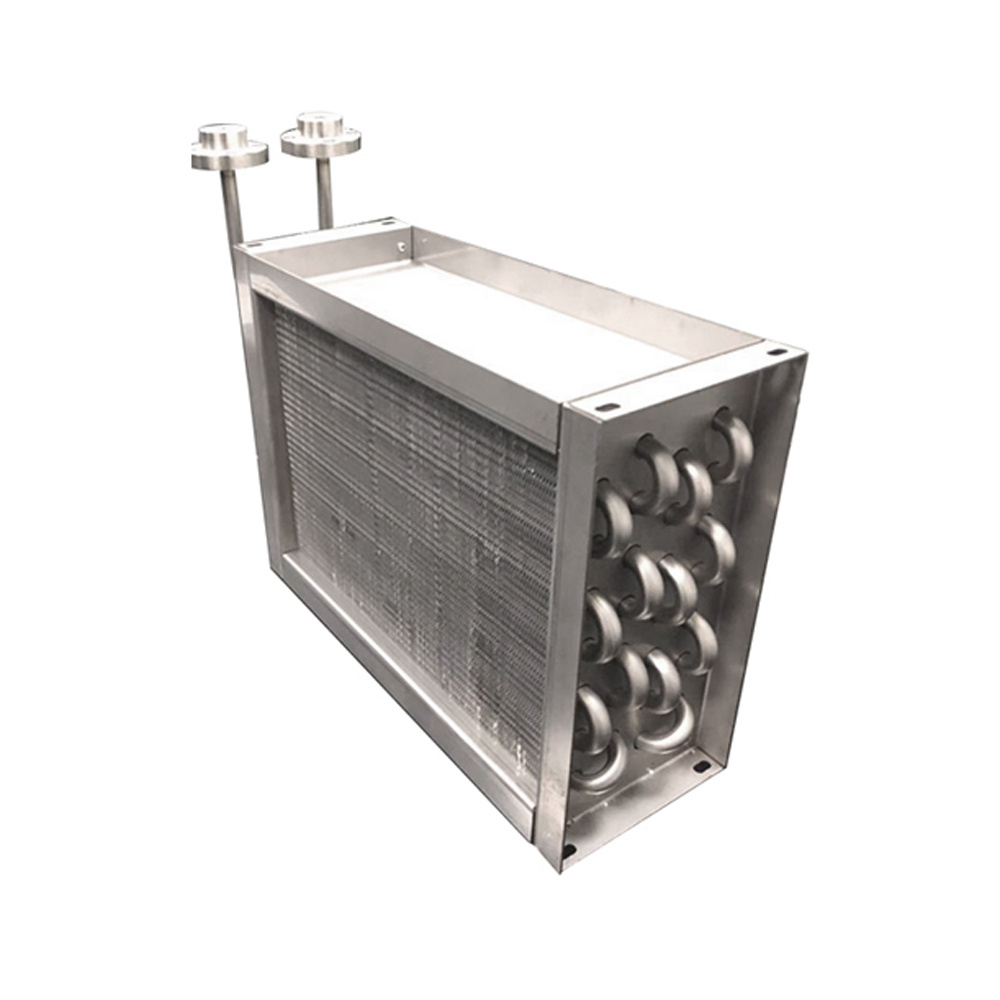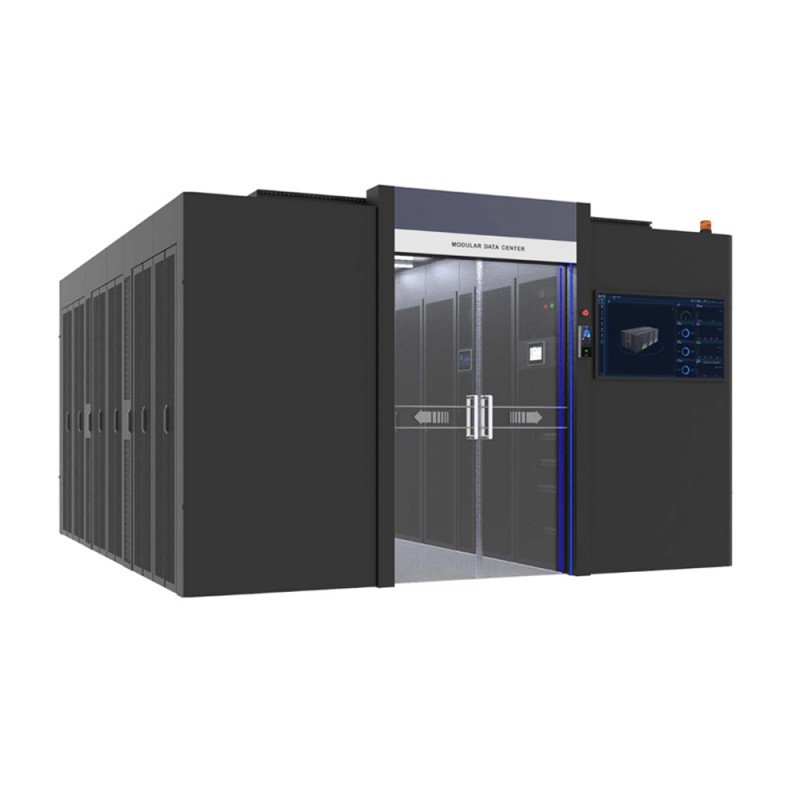This comprehensive guide explores the vital role of generator radiators in maintaining optimal engine performance and lifespan. We'll delve into their function, common issues, maintenance best practices, and how to select the right radiator for your specific generator needs. Learn how to keep your generator running smoothly and efficiently for years to come.
What is a Generator Radiator?
A generator radiator is a crucial component of any generator, responsible for dissipating the heat generated by the engine. Without an efficient cooling system, the engine would overheat, leading to severe damage or complete failure. The radiator works by circulating coolant (usually water or a coolant mixture) through the engine block, absorbing heat, and then radiating that heat into the surrounding air. This process maintains the engine's operating temperature within a safe range.
Types of Generator Radiators
Air-Cooled Radiators
Air-cooled generator radiators utilize fans to blow air across the radiator's fins, facilitating heat dissipation. These are often found in smaller, less demanding generators. They are generally simpler and less expensive, but their cooling capacity is often lower than liquid-cooled systems.
Liquid-Cooled Radiators
Liquid-cooled generator radiators, more common in larger generators, are far more efficient. They circulate coolant through the engine, absorbing heat and then releasing it into the air via the radiator. This system provides superior heat dissipation, allowing for higher engine loads and longer operating times. The efficiency of a liquid-cooled system often depends on the type and quality of coolant used and the condition of the radiator itself.
Common Problems with Generator Radiators
Overheating
Overheating is a major concern, often caused by low coolant levels, clogged radiator fins, or a malfunctioning fan. Regularly checking coolant levels and cleaning the radiator fins are crucial preventative measures. Ignoring overheating can lead to significant engine damage.
Leaks
Leaks can develop in the radiator itself, hoses, or connections. Regular inspections for leaks, especially after extended periods of operation, are essential. Addressing leaks promptly prevents coolant loss and further damage.
Clogged Radiator Fins
Dust, debris, and other contaminants can accumulate on the radiator fins, hindering their ability to dissipate heat. Regular cleaning, ideally using compressed air or a soft brush, is essential to maintain optimal cooling performance. For generators operating in dusty environments, more frequent cleaning may be required.
Maintaining Your Generator Radiator
Proper maintenance is key to extending the lifespan of your generator radiator and preventing costly repairs. This includes:
- Regularly checking coolant levels and condition.
- Cleaning the radiator fins periodically.
- Inspecting hoses and connections for leaks.
- Flushing the cooling system as recommended by the manufacturer.
- Using the correct type and concentration of coolant.
Choosing the Right Generator Radiator
Selecting the appropriate generator radiator depends on several factors, including the generator's size, engine type, and operating conditions. Consulting the generator's specifications or contacting the manufacturer is recommended to ensure compatibility and optimal performance. For high-performance applications or demanding environments, consider opting for a larger capacity radiator to provide additional safety margin.
Conclusion
The generator radiator is a critical component for reliable generator operation. By understanding its function, potential problems, and implementing a proactive maintenance schedule, you can significantly extend its life and ensure your generator operates at peak efficiency. Remember, regular checks and cleaning are significantly cheaper than costly repairs or engine replacement.
For high-quality generator parts and cooling solutions, explore the offerings from Shanghai SHENGLIN M&E Technology Co.,Ltd. They offer a wide range of options to meet diverse generator needs.









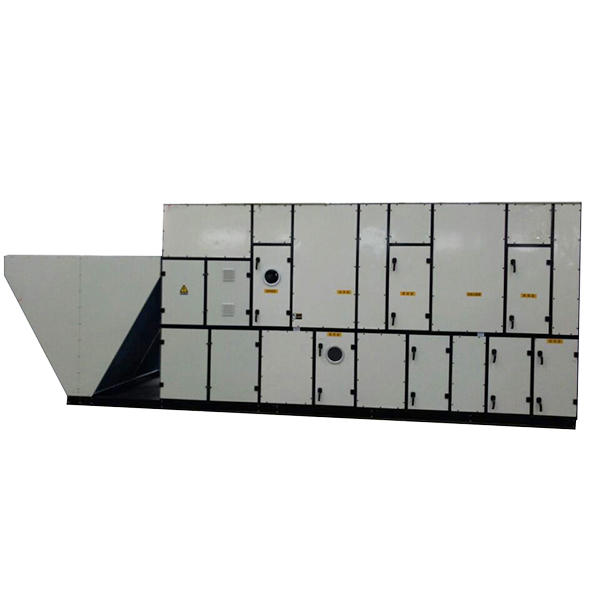
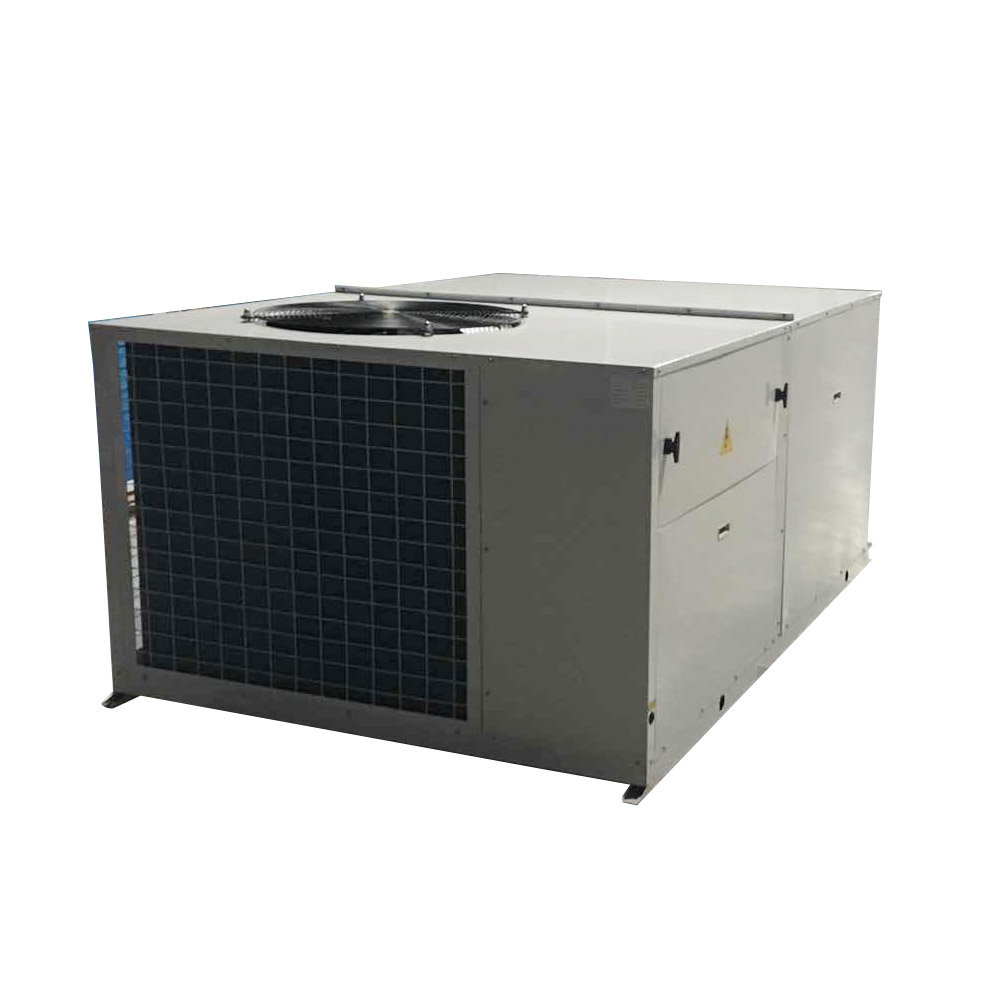
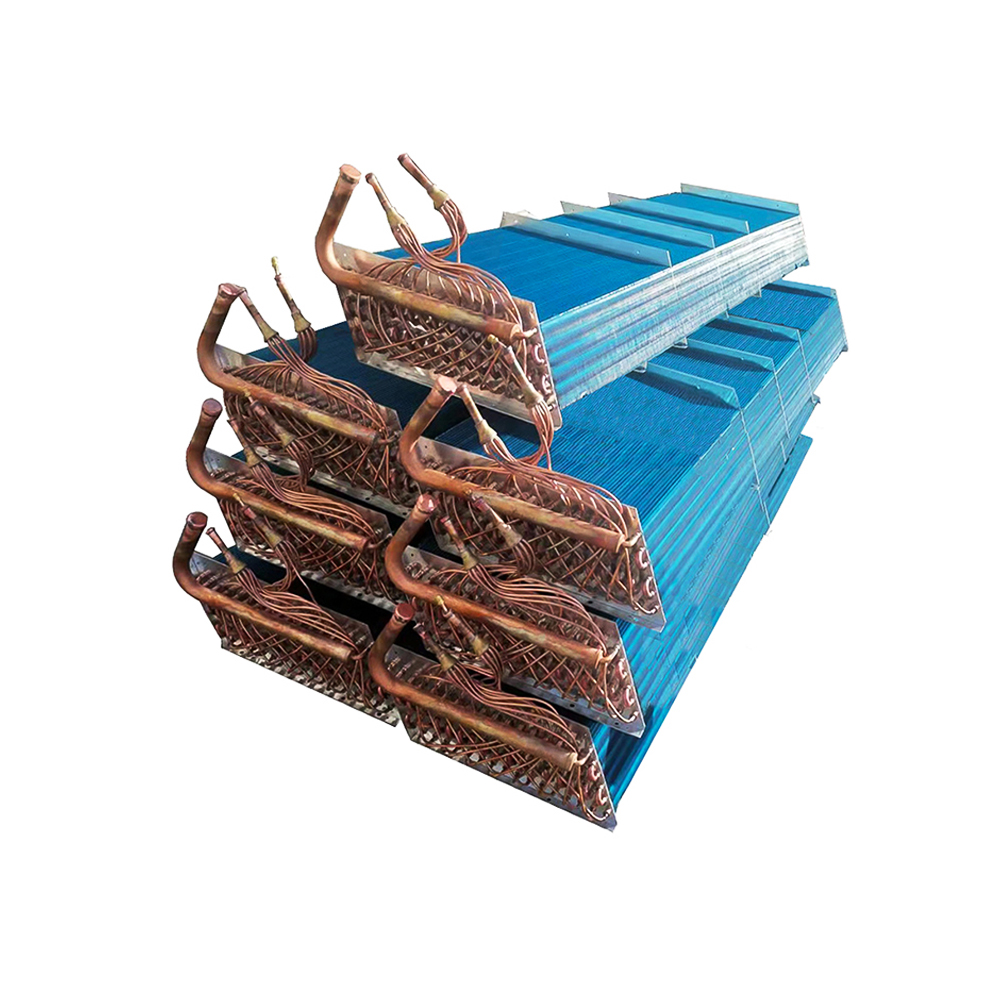
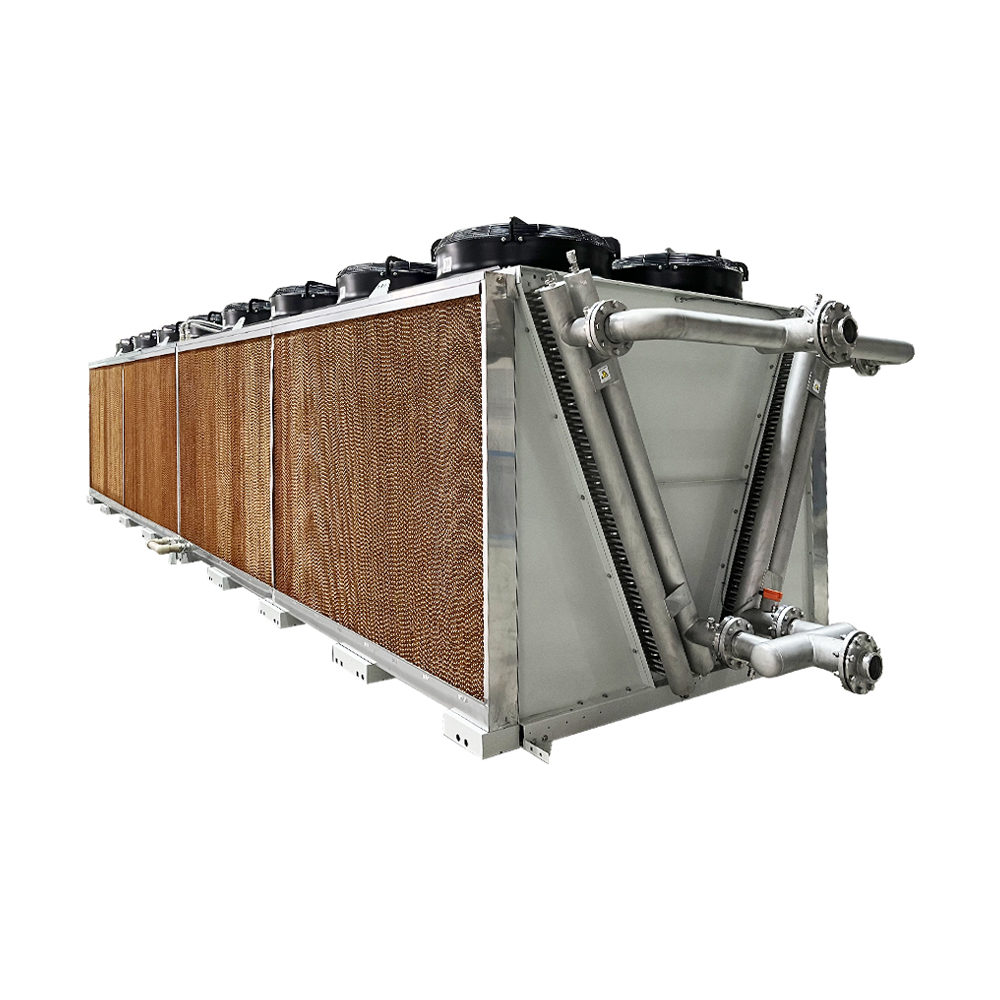
.jpg)
